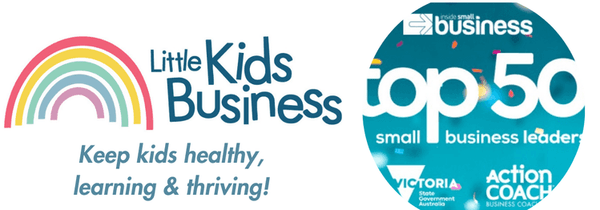How your actions can determine your child’s future…
The brain is incredible. Even before birth, the subconscious mind is picking up various stimuli that mould and shape the future self and none more so than from those closest to them. Parents and caregivers are, quite literally, providing the building blocks from which a child will learn how to think, feel, respond and adapt.
The first seven years of life are critical. During this time, the mind is almost exclusively programmed via the subconscious. The future of a child’s creativity, intuition, learning and memory are shaped during this time. This means that those around them have a huge responsibility to help them form positive behaviours, responses and belief systems.
The Incredible power of suggestion
From birth, a child’s learning progresses by observing and copying the behaviours of those around them. They have no control over this – it’s totally reliant on the subconscious. This, in turn, is what drives the conscious mind as a child gradually develops rational and critical thinking skills. Once this programming is formed, it’s the basis from which their whole life will operate. It’s believed that 95% of how we navigate our daily lives is driven by the subconscious – with a mere 5% being something we consciously control.
When we consider this, it becomes wholly obvious how important it is to be mindful of how we act around our children as they grow. Whatever your relationship with a child, your actions during those first seven years are providing a clear message as to what’s an appropriate way to react and deal with events around us.
Positive actions breed positive connections. For example:
- Acting in a courteous and respectful way to others, even if they’re acting in an inappropriate way
- Saying please and thank you when communicating with other people
- Focusing on the positives in life and being cheerful
- Using reasoning and conversation to overcome disagreements
- Accepting apologies from others or apologising when you’re in the wrong.
Negativity can also affect a child during these formative years. Negative emotions which may lead to conflict and frustration and could lead to depression and anger issues in the future include:
- Resolving things in an aggressive manner, such as arguing and shouting
- Making a big fuss over the slightest thing. This presents everyday life as being stressful and an uphill struggle.
The crucial takeaway is that all caregivers need to be mindful of how we act (and react) in front of our young ones. Early Education providers such as Nido Early School can help guide you on this journey. The advantages that a positive outlook can give a child can’t be overstated. Along with providing love, nutrition and education, there’s probably no greater gift we can give…
Author bio
Danielle Innes has over 21 years of experience in Early Childhood Education and Care in South Australia. She has held managerial and leadership positions in the private and community sectors and also worked with children with additional rights as Education Supervisor of SA’s first Autism Specific Early Learning Centre. Danielle really enjoyed her recent position with the State Regulatory Authority, but felt a strong calling to return to childhood education and so joined Nido Early School in August 2019. She is also a wife and mum of three and balances work with a busy and active family life which includes sports, time outdoors and camping.


